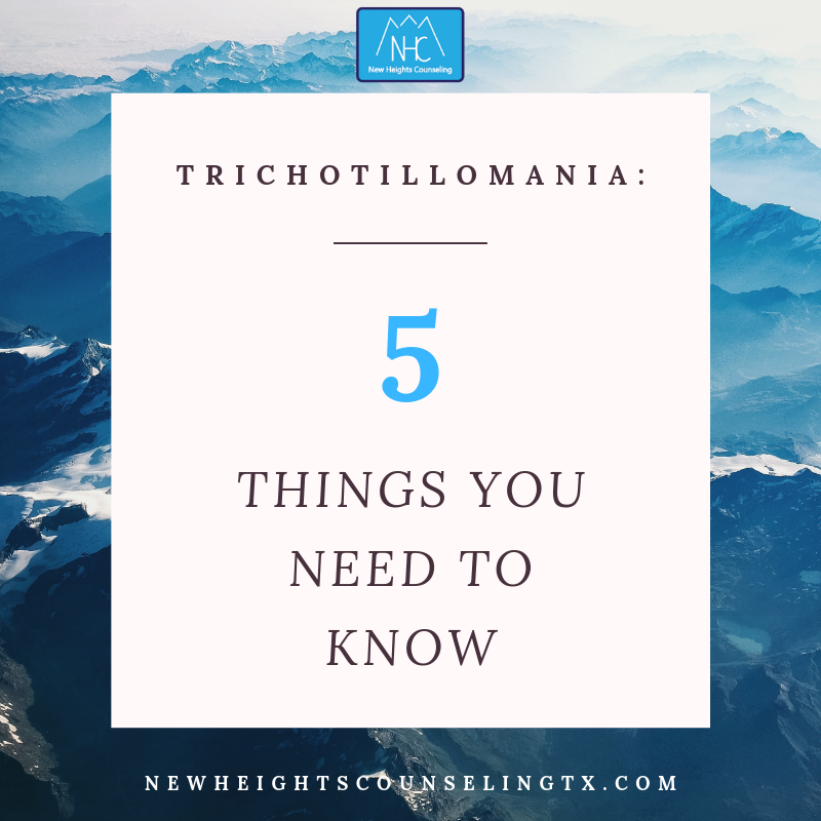1. What is trichotillomania?
The Diagnostic and Statistical Manual of Mental Disorders, Fifth Edition criteria for diagnosing trichotillomania include:
· Recurrent hair pulling, resulting in hair loss
· Repeated attempts to decrease or stop the behavior
· Clinically significant distress or impairment in social, occupational, or other area of functioning
· Not due to substance abuse or a medical condition (e.g., dermatological condition)
· Not better accounted for by another psychiatric disorder
2. What causes trichotillomania?
There is no clear cause for trichotillomania; however, it’s believed to be a combination of genetic and environmental factors. People who have other compulsive habits or OCD may be more likely to develop trichotillomania. Experts think the urge to pull hair happens because the brain’s chemical signals (called neurotransmitters) don’t work properly. This creates the irresistible urges that lead people to pull their hair. Those who have a family member with trich are believed to be at a higher risk for developing the disorder.
3. How many people have trichotillomania?
Research from the TLC Foundation for Body-Focused Repetitive Behaviors indicates that about 1 or 2 in 50 people experience trichotillomania in their lifetime. The disorder usually begins in late childhood/early puberty. While the disorder occurs equally in boys and girls in childhood; by adulthood, 80-90% of reported cases are women.
4. Do you grow out of it?
There is no “cure” for trichotillomania. There are different types of therapy that are recommended for those with trich, namely Habit Reversal Therapy, Cognitive Therapy, Comprehensive Model for Behavioral Treatment (ComB) and Acceptance and Commitment Therapy. However, like many mental disorders, with or without treatment trichotillomania tends to become a chronic condition that needs to be monitored throughout one’s life.
5. How do you talk to somebody about their trichotillomania?
Hair pulling causes a lot of shame and embarrassment. Regardless of how open someone may seem about their trich, they may not always be comfortable discussing their disorder. Don’t approach trichotillomania like a problem that needs to be fixed; statements like “I wish you would stop pulling” or “you’re too old for that” are not helpful. Let them know that you support them wherever they are on their journey with trichotillomania, and that you appreciate them regardless of whether or not they pull their hair.





Recent Comments